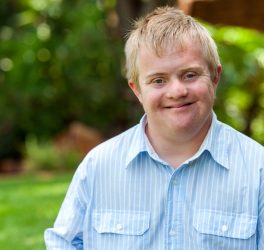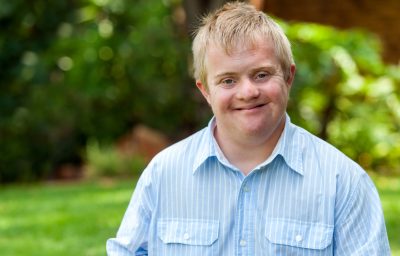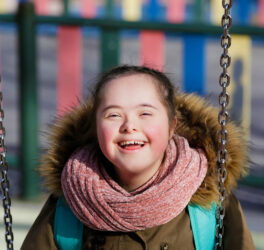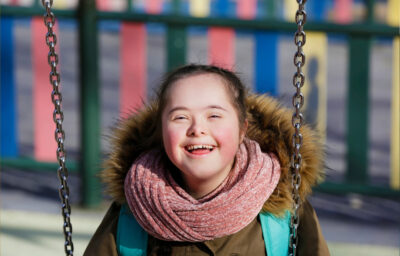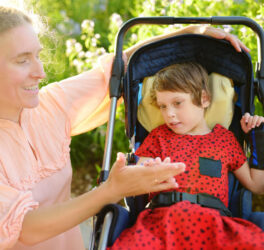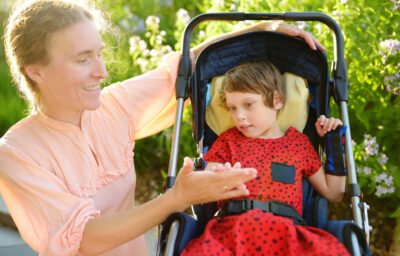
New research released confirms using whānau-centred approaches in primary health care services is key to achieving better health and wellbeing outcomes for Māori and Pacific whānau. This aligns with the recommendations of the Health and Disability System Review.
The independent report by Moana Research, Ihi Research and FEM Limited highlighted that commissioning for outcomes, rather than widgets has the potential to reduce health inequities, and recommends an adaptive, high-trust commissioning environment between the Crown, Māori and Pacific providers, whānau and hapori/communities, to enable a whānau-centred approach.
“This research demonstrates that a whānau-centred approach will lead to better health outcomes for Māori and Pacific Peoples if the Ministry of Health introduces a commissioning for outcomes model,” said Minister of Whānau Ora, Peeni Henare.
“We’re looking for outcomes. That’s what’s important to our people, and that is what is important to this Government.
“Māori and Pacific healthcare providers moved quickly to provide whānau-centred health services during the recent second wave of COVID-19, and we saw that this approach works. We need to grow that approach, using the data available,” said Henare.
The research showed that the Government is moving in the right direction by providing the largest ever funding boost for Whānau Ora, and launching Whakamaua, the Māori Health action plan, but there is more work to do to improve health equity for Māori and Pacific Peoples.
“We can and must do better for our people. The Government has faith in this approach, and work is underway to operationalise the recommendations in the report,” said Peeni Henare.
The results of the research project will inform the development of a business case by the Ministry of Health to further invest in whānau and community-led service provision. The results will also contribute to the State Sector’s ‘Wellbeing’ policy framework, and Case for Change to scale up a whānau-centred approach to primary health care for Māori and Pacific communities.
345 articles, reports and other literature were screened as part of the review, while six case studies were carried out by the researchers between November 2019 and February 2020.

